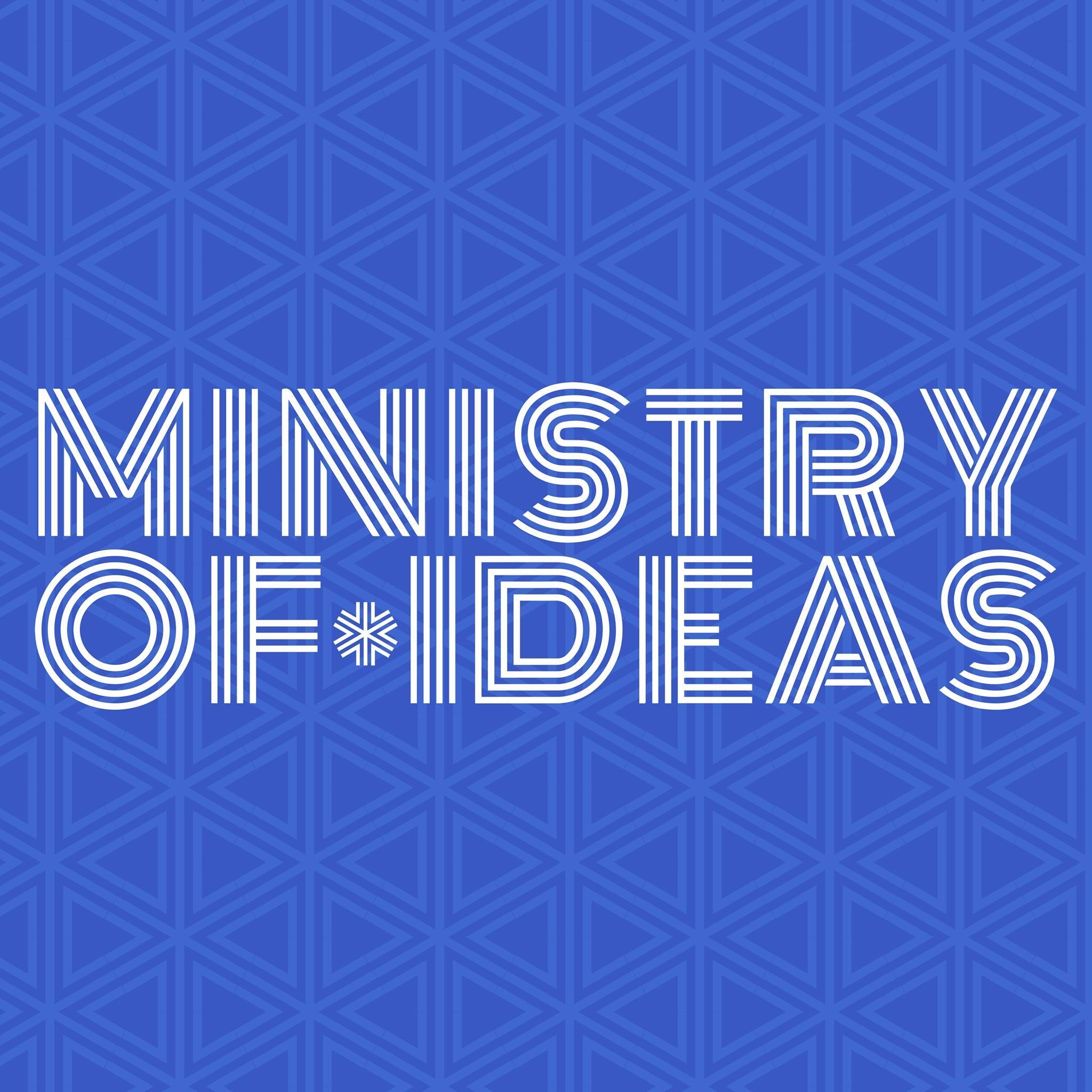The United States is quickly becoming a podcast nation. According to a 2017 survey, nearly 25 percent of Americans—around 68 million—said they listened to podcasts. Forty-two percent were even willing to pay to do so. The largest contingent of podcast listeners (44 percent) are Millennials, and that coveted cohort’s tuned-in attention has attracted advertisers, whose podcast-generated revenue rose from $69 million in 2015 to $220 in 2017. In the last four years alone, the popularity of podcast listening has doubled.
Even more interesting is what people are listening to. One would expect genres like sports, news, and technology to be popular—and they are—but they are all surpassed in listenership by one unlikely competitor: educational podcasts.
Educational podcasting takes many forms, but entries all center on scholarly oriented themes and inquiries, taking listeners into topics framed by academic research. Forty percent of podcast listeners evidently crave this kind of challenge. With 43 percent of podcast listeners lacking a college degree, and with some studies suggesting that listening to audio content can result in greater retention of information than reading, the educational landscape is shifting in a potentially profound way: Podcasters, rather than the conventional media, political establishment, or even higher education, are in a position to shape the tone and content of public discourse.
Few podcasters are more eager to assume this role than Zachary Davis, a student studying the philosophy of religion at the Harvard Divinity School and host of the educational podcast Ministry of Ideas. Davis, who is Mormon, preaches what have been called “secular sermons“; he looks to his faith as a compass for these increasingly fractured and fraught times. (To that end, he’s been quite vocal about his opposition to President Donald Trump‘s immigration policy.)
“We have a responsibility to educate ourselves to make wise decisions about political, economic, and social life,” Davis says. Therein lies Davis’ ministry: “civic-strengthening through education.”
Of course, such a claim—”empowering responsible citizens to develop skills we need to make wise judgments”—is exactly what has long defined the stated ambition of higher education, which has consciously aimed to churn out informed citizens prepared to lead lives that can fortify the moral code of civil society.
But how well has that task gone? In a nation where only a third of adults have enjoyed the opportunity to earn a college degree, and another third of the American population takes its intellectual cues from religious fundamentalism, the tried-and-true philosophy of the seminar room clearly has its limits. Might the podcast have a better shot at reaching the public at large, as it commutes or exercises, than the professor lording over a seminar room?
Davis think so. “My podcast is a medium of mass education,” he says.

Nothing about Ministry of Ideas is dumbed down. Recent episodes have tackled themes as weighty as the political implications of apocalyptic thought, blame and moral luck, the cultural history of cannibalism, and the intersection of transhumanism and spirituality. Davis typically grabs readers at the start with a newsy item before segueing into the (by no means obvious) spiritual issues underscoring it, interspersing his own commentary with that of consistently insightful experts (although perhaps too many from academia).
The feedback has been overwhelmingly positive; the Guardian and BuzzFeed have already offered endorsements. But Davis takes pride in the range of listenership he’s accrued. “I’ve received compliments from professors of intellectual history and my brother’s friend in Utah who doesn’t even read books,” he says.
The civic-minded mission of Ministry of Ideas is specifically informed by two related points that every episode seeks to reiterate: one, we have agency in the face of seemingly intractable problems and, two, that agency, once properly recognized and directed, means that “we can change things.” You cannot understand economic inequality in America until you understand the complex nature of meritocracy; you cannot understand the evangelical indifference to climate science until you understand apocalyptic theology. “We want to make explicit,” Davis says, “these large forces that are behind problems that seem intractable.”
But aren’t people scared of change? Don’t we want the most basic assumptions that guide our lives to remain stable? Davis isn’t so sure. For one, there are the numbers: After only two seasons and about 20 episodes, Ministry of Ideas is getting between 30,000 and 50,000 downloads per month and reaching people from 120 countries. But what most inspires Davis is something that cannot be measured. “Truth be told, as with any aspirational artist, the most fundamental goal is to help people love life more deeply,” he says. “This podcast does that because to appreciate the infinite complexities of our assumptions enriches life.”





